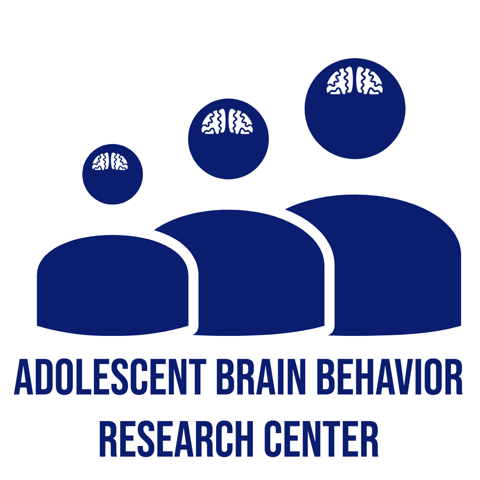Adolescent Brain Behavior Research Center
The Adolescent Brain-Behavior Research Center (ABBRC) is a clinical research center associated with the Department of Psychiatry & Biobehavioral Sciences at the University of California, Los Angeles (Director: Carrie Bearden, Ph.D.; co-Director, Katherine Karlsgodt, Ph.D.; medical co-Directors: Alaina Burns, M.D. and Misty Richards, M.D.).
Adolescence can be a time of great change, it is a period of rapid brain and cognitive development as young people learn to meet new challenges. This period of change is associated special opportunities for growth, for example adolescents may be experiencing new changes in their social relationships or in their roles at home or school. However, adolescence is also at time of vulnerability for the emergence of mental illnesses, including depression, bipolar disorder, and psychotic disorders such as schizophrenia.
The emergence of a psychotic and major mental illness during this period makes it difficult to meet life’s increasing demands, and can be extremely distressing and confusing for young people and their families. An important goal at the ABBRC is to work closely with teenagers and their families to learn more about the nature of these illnesses so that we may begin to develop more effective methods of treatment. Mental and emotional problems are like physical problems—the sooner they are treated, the better. The longer an illness is left untreated, the greater the disruption to a person’s ability to study, work, make friends and interact comfortably with others.
Here at the UCLA ABBRC we carry out research studies focused on understanding how the brains of adolescents and young adults grow and change over time, and how that relates to changes in cognitive function (like memory or attention) as well as how it relates to changes in the kinds of symptoms that young people sometimes experience.
Current ABBRC Research Goals:
Our goal is to better understand the role the brain plays in attention, learning, and memory in healthy adolescents and in adolescents with schizophrenia, schizoaffective, or bipolar disorder. Specifically, we hope to:
- To learn more about how adolescents with these disorders process interpersonal and emotional information and interact with their family members
- To educate adolescents and their families about these illnesses
- To work towards improving access to treatment for adolescents with these disorders and their families. The results of this project may help us to develop more effective treatments for adolescents with schizophrenia, schizoaffective, or bipolar disorder.
Research Opportunities:
Click HERE for opportunities for individuals with diagnoses of schizophrenia, bipolar disorder or other psychotic disorders
Click HERE for opportunities for individuals with no psychiatric diagnosis
How to contact the ABBRC:
Referrals to the ABBRC can be made by family physicians, psychiatrists, pediatricians, and mental health professionals. Individuals interested in help for themselves or someone they know may also contact us at: 310-206-9181 or karlsgodtlab@ucla.edu. Individuals under the age of 18 must have a parent call.

